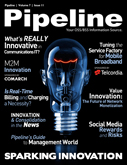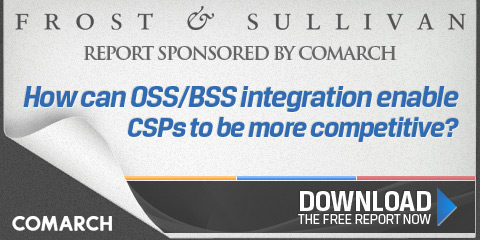|
|

A company selling niche “pay-as-you-drive” insurance, where a special device is installed in the car and insurance is calculated based on various measures received from this device, would not like to think too much about SIMcards in cars, but rather to focus on the aspect of a new source of information, which allows them to calculate the risks and price of the insurance in a better way.
Even if such companies have to manage M2M SIM cards, they would like to have a simple way of activating or deactivating services, monitoring their status, controlling the usage of particular SIM cards and have full control over it, together with the possibility to set limits for usage or location.
|
|
After reaching the M2M market maturity, profits from pure connectivity will radically decline. |
|


smart metering or bCall/eCall business
areas. Regulators may boost the
development of some M2M services
and block other ones.
M2M aggregators or enablers also play an important role, as they aggregate connectivity services from various operators to build an offer for customers using a revenue sharing model. Depending on the business model, they mayfocus on connectivity or also on providing additional support for selected verticals.
Device manufacturers are another
important player on this market,
|
|
|
|
|

The conclusion is that from the mobile operator’s point of view, it is very important to provide such services, which allow potential customers to focus on their core business. It is important that they not think about details of M2M technology and that the operator provides appropriate automation of interaction with M2M partners.
Know the Players at the Table
Connectivity does not have to be delivered only by mobile operators. Not every device using M2M technology will contain a SIM card. Apart from concentrators used to aggregate connections between various devices, there are also other networks used, such as WiMAX or ADSL. But it’s still M2M.
Regulators are also playing an
important role in M2M because they
regulate the energy market or the
automotive industry, thus affecting
|
|

especially because the price of a single
unit (one that is attached to a
connected machine and contains
necessary communication capabilities
such as SMS/GPRS)is a key factor in
market development. Currently the
average price of an M2M module is
around 20 EUR, which seems to be
inexpensive enough to be used with
increased frequency.
Yet the most important players are operators’ customers - verticals that use M2M technology to provide services to end users. Such verticals include smart metering, surveillance, automotive consumer electronics and many others. In most cases, end users do not interact directly with the operator. However, the opposite does happen.
While looking at forecasts we ask ourselves how will revenues from M2M be divided between all players? From an operator’s perspective the question is how can he get a bigger share?
|
|
|






